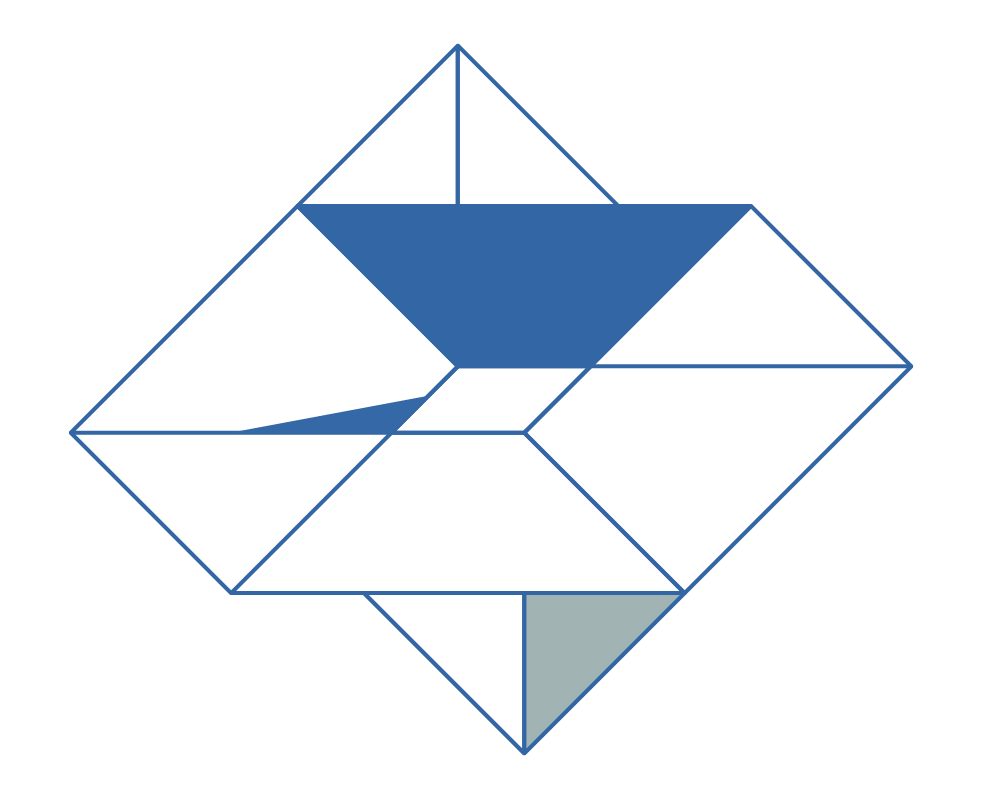Navigating Career Gaps At Our Best
“Would you tell me, please, which way I ought to go from here?” “That depends a good deal on where you want to get to,” said the Cat.
~ Alice in Wonderland
By Chiara Canali
Career gaps can have different reasons. They may be due to a company layoff, health reasons or family issues. Whatever the reason for it, unplanned unemployment can cause enormous stress, insecurity and loss of self-esteem, but it can also unfold several new opportunities. The secret lies in choosing to stay positive and thinking creatively on how to restart our careers. In fact, taking time away from a more conventional career path does not prevent professional progression, which can be developed in other previously unexplored ways. A career break may be an opportunity to consider what we really want to do and what is fulfilling for us.
Money-wise, a career gap may become the chance to take a break from a job that has turned into a routine or, simply, less rewarding than the old days. It can also be the opportunity to invest time and resources on personal and professional development, reflect on our careers, look for self-improvement and sick for new sources of inspiration. A career gap may also allow for investing more time in volunteering activities matching our interests or strategically chosen to foster the achievement of our career goals. During unemployment, it is important to maintain relationships and stay active in professional associations by attending meetings, training sessions, or acting as an ambassador or mentor. Nonetheless, staying updated on our field of expertise is still the best way to stay employable in something we like to do.
Probably influenced by my scientific identity, I believe in the power of transparency and educated rational explanations of events. We should be always able to explain what we did during our career gaps, which skills we learned in every experience we made, and how these could benefit a new employer. It can be a wise choice to explain our gaps with confidence in our your resumés, instead of waiting to be asked by an interviewer. My personal advice is to keep our resumé files filled with notes on the skills that we developed over time and a story to back them up.
How our learnings did foster our skills? And how that could impact in a business setting?
A traveling spouse may have probably developed solid intercultural and communication expertise, adaptability and social skills, as well as a good deal of motivation. A new mom may have gained solid skills at time management, making priorities, and adapting to sudden change.
However, being positive and self-confident through the entire process is not always obvious. There can be habits, however, that may allow us to improve on these aspects too. Clearing off our spaces from chaos, putting energy into our actions, and supporting others in need may be good starts. Asking previous colleagues and peers for feedback to then analyze on our own may be a way to become more self-conscious and find a rational explanation to the choices we have taken to overcome the challenges we encountered through our careers.
Despite a career gap, we shall practice the awareness of our roots to truly understand where we want to go. Nothing is impossible if we can set a direction based on a clear(er) goal.

